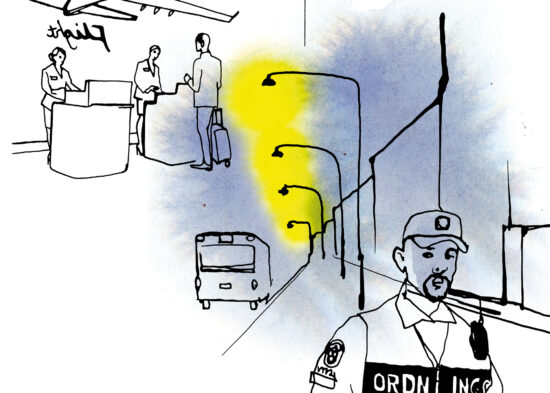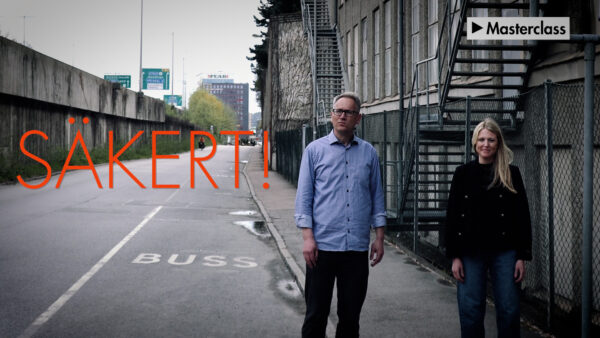Results from the project
Enacting safe places – a study of (im)balancing acts in everyday city centre management
BFUF Rapport #17 Säkert! – Upplevd trygghet på svenska besöksmål
International Journal of Tourism Cities The narrative rhythm of terror: a study of the Stockholm terrorist attack and the “Last Night in Sweden” event
BFUF Play
Cecilia Cassinger, PhD, Lund University, Institution of Strategic Communication
What is your research project about?
“We are going to study how the fear that visitors have about violence and terror impacts upon urban tourist destinations and how destinations work to increase levels of perceived security in their city centres. We are also going to investigate the spreading of rumours about Swedish cities in international news media outlets and on social media and the impact that this has on visitors’ experience of security on the ground.”
Why have you chosen to research this topic?
“The coordinated terror attacks in the USA on 11 September 2001 completely changed the way terrorism is perceived. It became clear that terror walks among us, and that attacks can happen anywhere, at any time. Over the last few years, a number of terror attacks have been committed in multiple European cities. These attacks have been directed at crowded spaces full of both domestic and international visitors.
In the aftermath of all this, research within destination marketing has become increasingly more interested in matters of security, particularly in the last five years. Today, security is an important aspect when it comes to considering the attractiveness of any destination. Our hope is that this research project will provide new knowledge as to how the hospitality sector can increase levels of perceived security in tourist destinations.”
How will the project be carried out?
“We are going to look at three aspects related to the geography of fear: visitor experience, city communication/planning and mediatisation. In order to understand visitor experiences, we will conduct a survey with 500 Swedish and international visitors in ten Swedish cities and with 500 international visitors in tourist cities across Spain, Germany and England. We are also going to carry out qualitative interviews with 30 urban planners and communicators in ten Swedish cities of varying sizes. Finally, we will also carry out an analysis of content on social media (primarily Twitter) and in the international news media.”
How will the hospitality industry benefit from the project?
“Today, we know that city centres and shopping areas are targets for terror attacks. Our hope is to increase understanding of experiences and the management of fear at tourist destinations and to thereby generate new knowledge as to how perceived security can be managed by cities in their strategic communication and physical interventions within the city space itself. This is important in order for Swedish cities to remain attractive as destinations for both domestic and international visitors.”
What will be your biggest challenge?
“Questions relating to fear and what factors contribute to perceived security are complex. It will be a challenge to capture and understand how visitors, communicators and urban planners relate to the idea of fear and what makes an individual feel secure when visiting and moving around in a city.”
Participating researchers and the project team
Cecilia Cassinger, PhD in Applied Economics (project manager), Jörgen Eksell, PhD in Service Science, Maria Månsson, PhD in Service Science and Ola Thufvesson, PhD in Cultural Geography.
Partners
The project is being run with support from the Citysamverkan initiative in Helsingborg and Malmö and with support from Landskrona City.
Project facts
Project
The Geography of Fear – Tourist Destinations in the Shadow of Terror
Research organization
Lund University, Institution of Strategic Communication
Project Manager
Cecilia Cassinger
Members
Jörgen Eksell, Maria Månsson and Ola Thufvesson
Period
2019 Jan – 2021 Dec
Amount
SEK 1,800,000


